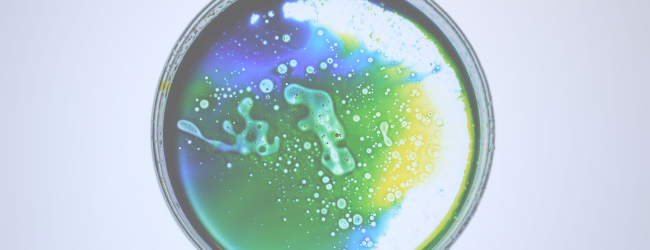Chemicals Strategy is missed opportunity for more humane science
Failure to replace animal tests with human-relevant research means more animal suffering and concerns over chemical safety for health and the environment

We are disappointed with the lack of ambition in replacing animal research with more humane and human-relevant methods shown in the European Commission’s Chemicals Strategy for Sustainability. The strategy, published today, reveals continued reliance on cruel, outdated and unreliable animal tests.
In an early version of the strategy, a key component of the Green Deal, leaked in July, Commission officials commented on the lack of references to alternatives to animal testing which they said had been ‘drastically reduced and downgraded’, risking ‘protest from stakeholder communities’. They also noted a failure to deliver on the expectations of the European Parliament and industry members in the Commission’s own European Partnership for Alternatives to Animal Testing.
However, the Commission’s final Communication is no better, ignoring concerns of the European Parliament and European citizens.
Despite acknowledging commitment in EU law to make full replacement of animal tests the ultimate goal, the Communication states that animals are still used systematically for testing in the field of chemicals in Europe and makes no concrete plans to change this beyond the need to ‘foster multidisciplinary research and digital innovations for advanced tools, methods and models, and data analysis capacities to move away from animal testing’.
Dr Katy Taylor, our Director of Science and Regulatory Affairs, said: “As things stand, there is real risk that the Chemicals Strategy for Sustainability will mean millions more animals suffer in tick-list tests. A toxic-free environment is something we all want to see but using animal tests to do this is poor science. We need much greater investment in advanced humane and human-relevant testing methods if we are to see change.
“The European Chemicals Agency is already failing to meet its obligations under REACH to promote alternatives and to require animal testing only as a last resort. By 2018, over 2.2 million animals had been used in new tests for REACH registrations and this number is growing. Funding for non-animal methods across the European Commission and ECHA is negligible and the formal adoption of new methods unacceptably slow. If nothing is done to change ECHA’s approach and improve funding, the new chemicals strategy will mean millions more animals will suffer and die.
“We hoped that a central plank of a new EU Chemicals Strategy for Sustainability would have been a pro-active and ambitious strategy to move away from animal testing. Sadly, there is no sign of that. Contrast this with what is now happening at the Environmental Protection Agency in the U.S. where draft guidance has just been published allowing researchers to forego testing chemicals on animal skin in certain circumstances.”
“The European Chemicals Agency is already failing to meet its obligations under REACH to promote alternatives and to require animal testing only as a last resort." Dr Katy Taylor
